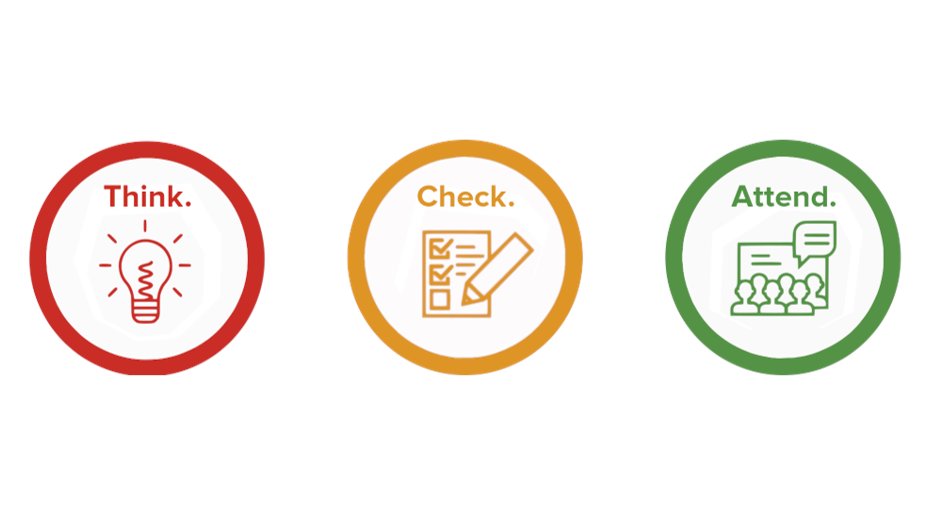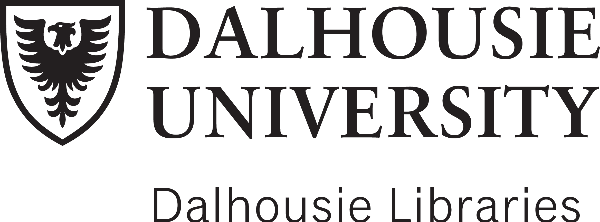 Think. Check. Attend.
Think. Check. Attend.
 Choose the right journal or publisher for your research.
by
thinkchecksubmit.org
Choose the right journal or publisher for your research.
by
thinkchecksubmit.org
 Best Practices - Spotting Predatory Journals - Predatory Conferences - Link to Archived "Beall's List" - Checklists
by
Dalhousie University - Dalhousie Libraries
Best Practices - Spotting Predatory Journals - Predatory Conferences - Link to Archived "Beall's List" - Checklists
by
Dalhousie University - Dalhousie Libraries